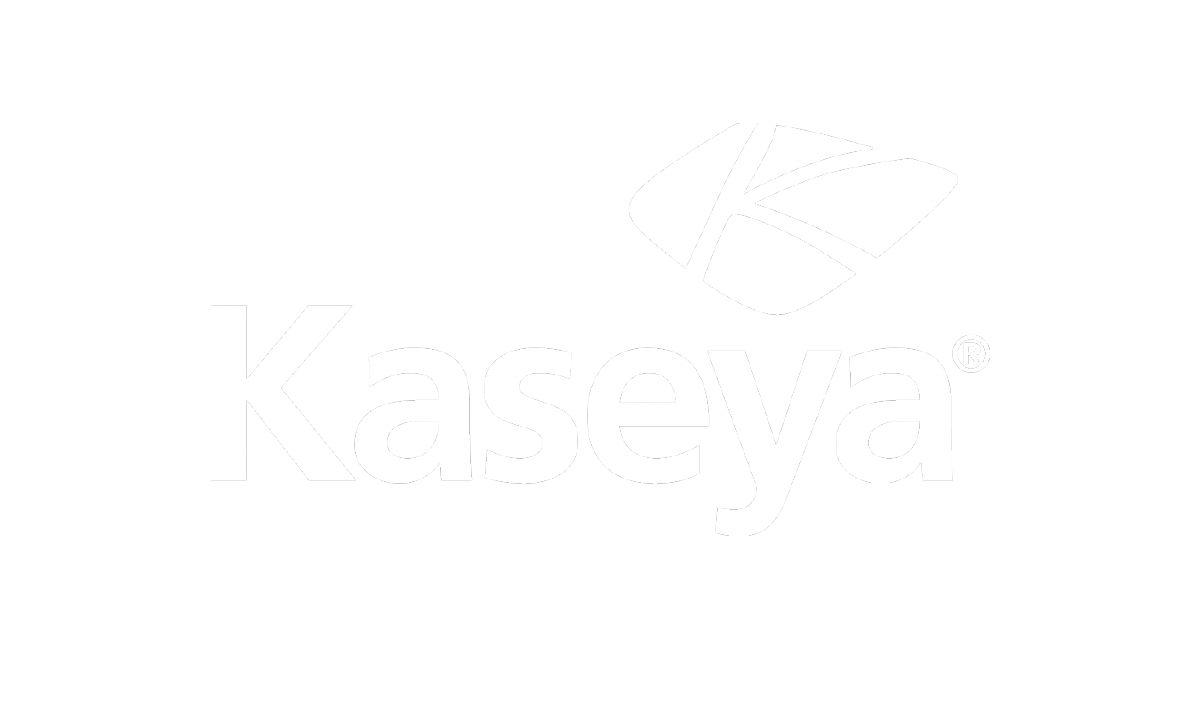Trying to Improve Your Company Earnings? Avoid These EBITDA Mistakes

EBITDA is such a critical metric for your MSP company that it is always a good idea to try and improve it, and avoiding these EBITDA mistakes is essential to doing that.
Key Takeaways:
- EBITDA stands for earnings before interest, taxes, depreciation, and amortization, and it is a good reflection of how profitable your company is
- Your MSP’s EBITDA is influenced by a variety of factors, including regulation, inflation, deflation, market price changes, customer preferences, and competition
- Boosting EBITDA is good, but there are mistakes you should avoid, which include, but are not limited to, earnings manipulation
There are several ways a business can measure its performance against others as well as its past performance. However, very few are as prominent or reliable at any stage of a company’s history as EBITDA.
EBITDA stands for earnings before interest, tax, depreciation, and amortization, and it provides a clear way to evaluate a company’s performance without the need to consider factors that obscure the picture — such as accounting decisions, financing decisions, and tax environments.
Generally, the better your MSPs EBITDA, the better the health of the company; as such it is always a good idea to try and improve your EBITDA. Industry stakeholders, investors, buyers, and sellers are particularly interested in this metric as a means to arrive at a valuation for a business.
During a sales negotiation, both sellers and buyers cut through the noise by calculating a company’s EBITDA and then multiplying the earnings to arrive at a valuation. The multiple depends on a variety of factors — including earnings record and percentage profit, among others — but EBITDA stands at the base of the valuation. The higher it is, the better.
However, while it is good to do as much as you can to boost EBITDA for your MSP, whether or not you plan to sell the business, you want to keep things sustainable. Don’t sacrifice the long-term health of your business for short-term gains by succumbing to the EBITDA mistakes that many companies make, which we will discuss in this article.
EBITDA is influenced by internal and external factors
Your MSP’s EBITDA can be improved if you control the factors that influence the number. These factors can be divided into:
- Internal factors: These are within your company’s control, like your earnings, choice of partnerships, and so on. You can improve your EBITDA score simply by tweaking these factors in a number of ways.
- External factors: These factors are usually beyond your control, like inflation, deflation, competition, market price changes, regulation, and customer preferences.
If low EBITDA scores are caused by external factors or issues that lie outside your control, your first EBITDA mistake would be fretting over it. Your second EBITDA mistake would be overcompensating with internal factors in a bid to balance things out.
Here’s a more in-depth look at how external factors beyond your control can influence your earnings or EBITDA:
Inflation and deflation
Your MSP may experience a decrease or an increase in EBITDA based on inflation and deflation, respectively.
Rising costs of goods sold due to the effects of inflation increases the cost of production because of the rise in the cost of labor and raw materials. If your MSP is unable to pass on a proportionate amount of that added cost to the customer, then your earnings would be reduced and, consequently, your EBITDA.
The opposite happens with deflation. If the cost of production drops due to a fall in the price of the factors of production, and more still if your MSP is able to raise its prices, your earnings will improve and so would your EBITDA.
Regulation
Your MSP’s EBITDA is also subject to the effects of laws and regulations. Consider, for example, that the state decides to increase minimum wages. If your company relies heavily on low-skilled labor, you can expect a rise in the cost of production and a consequent drop in earnings unless you can pass that extra cost on to the consumer in the form of higher prices.
Compliance laws such as those in environmentally sensitive industries can also heavily affect earnings, and there’s little if anything at all these companies can do about that.
Competition
The emergence of new competitors could shake up the market, especially if they can offer better and cheaper products and services. Even if your MSP happens to be the market leader, a scenario like that could lead to a drop in market share and sales. Unless your company can address the pressure from competition and reduce the cost of production, earnings may start to decline and EBITDA with them.
Market price changes
Changes in market prices can cause changes in EBITDA, and often this is completely out of a company’s control. For example, consider the decline in earnings that oil companies experienced during the 2020 coronavirus pandemic lockdown. Their EBITDA dropped as a result of the lack of movement, only to rebound again as restrictions were eased.
Customer preferences
Shifting customer preferences can change your MSP’s EBITDA as demand for your services increases or decreases. Higher demand for your offering will lead to higher earnings which leads to higher EBITDA, and vice versa.
There is little that can be done about the external factors listed above. However, it is possible to adjust internal factors to improve earnings. Sound judgment is needed here in order to avoid common EBITDA mistakes.
Common EBITDA mistakes that companies make
Taking the wrong measures to improve your EBITDA could actually hurt your company's health in the long run. Here are some common EBITDA mistakes to look out for:
Cost-cutting
As CEO of your MSP, it is your responsibility to keep an eye on costs. But there are good ways and bad ways to go about this:
EBITDA mistakes:
- Cutting costs by choosing to leave needed positions vacant
- Cutting costs by reducing employee benefits like 401K and healthcare insurance
- Cutting costs through unsustainable means like eliminating marketing, accelerating rebates, and reducing expense on rent to sub-market levels
Better cost-cutting alternatives:
- Eliminating underperformers and replacing them if needed
- Optimizing service margins: staffing, parts utilization, supply levels, and so on
- Optimizing inventory management
Add backs
It is possible to add back some expenses into the company’s profits in order to tell a better story about the company’s profitability. There are good ways to do this as well as ways that would be EBITDA mistakes:
EBITDA mistakes:
- Taking up a role in your organization and refusing to pay yourself for it as a means of cutting costs (for example, being a lead salesperson) — this is not sustainable
- Taking credit for assumed outcomes, like paying salespeople for the sale before waiting to see what the buyer ends up doing
- Adding back marketing expenses, charitable donations, sales incentive trips, and other normal business expenses
Better add back alternatives:
- Your personal expenses as owner
- Any excess compensation you earn that is above market value
- Third-party professional fees
At the end of the day, you want to ensure that the methods you choose are sustainable. Anything other than that would be an EBITDA mistake that could cost you dearly in the long run.
Improve EBITDA the right way with better customer satisfaction and employee recognition
Crewhu is the first software solution built specifically for MSPs that combines employee recognition and customer service management. Our solution makes it easy to compile data insights and feedback from employee performance and customer satisfaction to boost both.
The higher customer satisfaction is, the more likely your customers are to stick with your MSP and sign longer contracts. This translates to higher earnings in the short- and long-term for your company. To see how this could work for your MSP, schedule a demo with Crewhu today.







